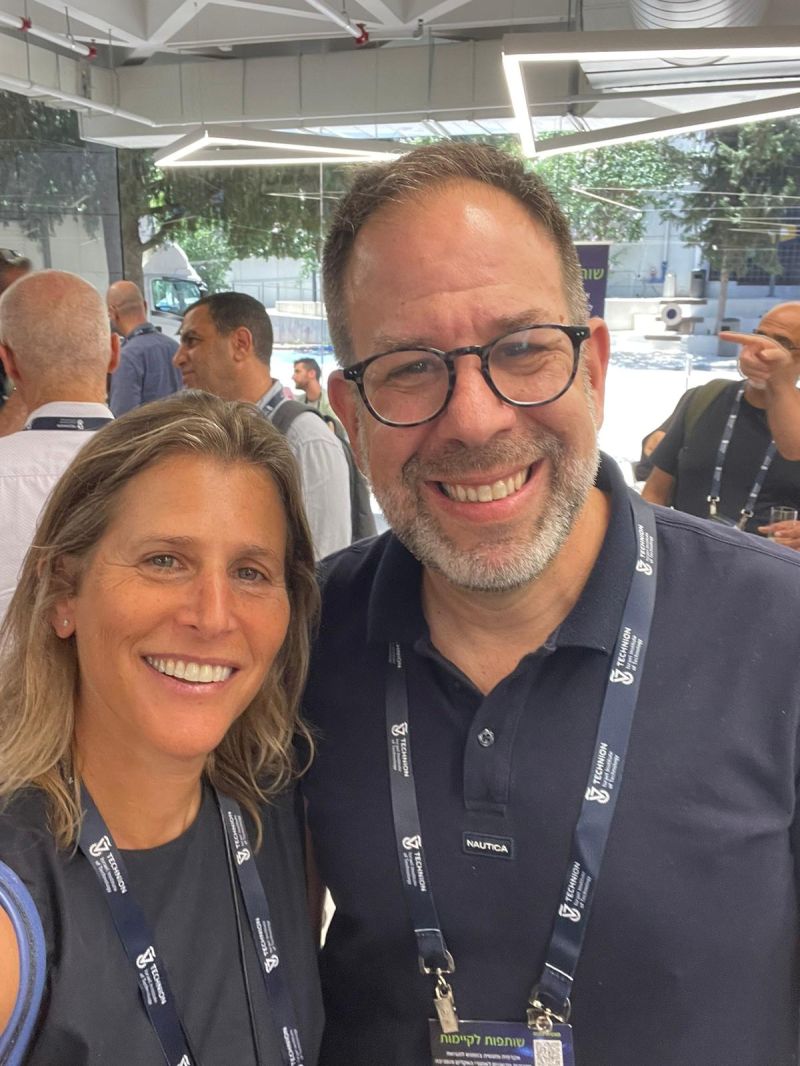I’m thrilled to share insights from my recent presentation at the GWI World Workplace Wellbeing Summit 2023. The focus of the talk was on Mindfulness-Based Leadership.
In the fast-paced and dynamic landscape of today’s workplaces, I’ve observed leaders grappling with unprecedented challenges that demand innovative approaches. Through my recent enlightening session, I aimed to share valuable insights into the transformative power of mindfulness for leaders, shedding light on the profound impact it can have on leadership in the modern era.
Let’s delve into the key takeaways from this session and explore the profound impact mindfulness can have on leadership in the modern era.
I started the session by introducing the concept of mindful leadership, emphasizing the need for leaders to navigate the complexities of the modern workplace with a heightened sense of awareness and presence. Mindful leadership, as I see it, involves being fully engaged in the present moment, fostering self-awareness, and cultivating a compassionate approach to leadership.
One significant challenge I highlighted is the prevalence of a wandering mind during meetings. A startling statistic revealed that 70% of leaders admit to struggling with attentiveness in meetings. I drew attention to the common experience of physically being present but mentally distant, terming it the “Wonder in Mind.” This wandering state of mind, I argued, diminishes happiness and poses a considerable obstacle in fully engaging with the present moment.
In exploring the challenges faced by leaders, I shed light on the evolving nature of leadership. Traditional leadership, rooted in hierarchical structures and authoritative directives, is undergoing a profound transformation. The new generation entering the workforce seeks a more meaningful integration of personal and professional life. This shift requires leaders to move from external sources of power to internal sources, fostering trust, transparency, and meaningful connections.
For me, leadership is not merely a title; it’s an attitude. I advocate for self-management, emphasizing the importance of leaders managing their internal world. This involves mastering one’s thoughts, emotions, and time. Leading by example, I highlighted the impact of a leader’s behavior on their team. If a leader consistently fails to respect their own commitments, it sets a precedent for the entire team.
At the core of self-management and mindful leadership is mindfulness. I defined mindfulness as the ability to be fully present, aware of one’s experiences without judgment. Drawing from my research, I emphasized that mindfulness is about being aware of and connected to one’s experiences without being controlled by them. A personal anecdote illustrated the power of mindfulness in managing challenging situations and fostering better decision-making.
Scientific research supports the positive impact of mindfulness on health, happiness, and brain function. I shared an intriguing study conducted by Dr. Jon Kabat-Zinn, highlighting changes in the brain after an eight-week mindfulness-based stress reduction course. The study revealed a decrease in the brain’s stress and anxiety-related activity and an increase in the areas linked to emotional regulation and better decision-making.
To bring the concept of mindfulness to life, I guided the audience through a body scan meditation. The practice involved directing attention to different parts of the body, observing sensations without judgment. This experiential exercise underscored the importance of being present and connected to one’s own experience, a foundational aspect of mindfulness.
Summarizing the benefits of mindfulness, I outlined its impact on self-awareness, relationships, and work performance. Mindfulness helps individuals break free from automatic behaviors, fostering resilience, well-being, and better decision-making. In relationships, it strengthens empathy and compassion, creating a foundation for deeper connections. In the workplace, mindfulness enhances focus, productivity, and the coveted flow state, where individuals are fully immersed and fulfilled in their tasks.
Addressing potential resistance to mindfulness in the workplace, I shared my approach of presenting it as an invitation rather than a mandate. By showcasing the tangible benefits and involving change agents within the organization, leaders can gradually introduce mindfulness practices. The emphasis is on creating a culture that encourages self-awareness, resilience, and compassion.
As the session concluded, Ellanit and I expressed gratitude for the opportunity to explore the intersection of mindfulness and leadership. Based in Tel Aviv, I shared my experiences in supporting individuals and organizations through challenging times. The essence of compassionate leadership emerged as a guiding principle, with wishes of love, peace, and safety extended to all.





